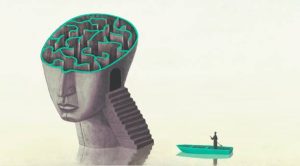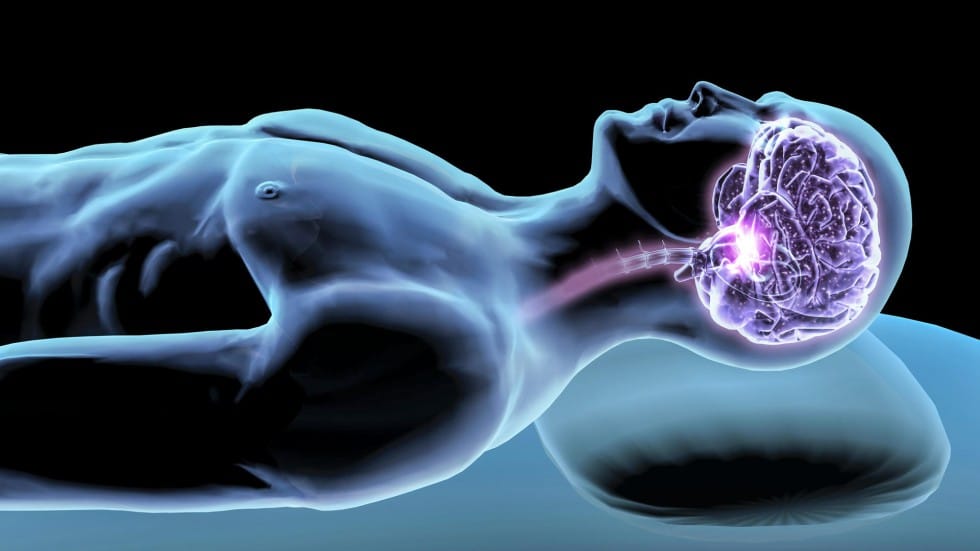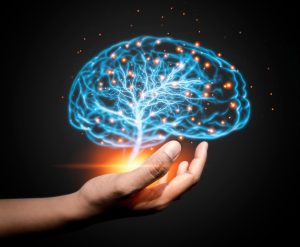In the quiet rhythm of night, when the world slows and the mind drifts into rest, something remarkable happens inside the human body. Cells regenerate, toxins clear, and the brain begins the sacred process of healing itself. Dr. John Jung, in his transformative book The Brain Blueprint, reminds us that sleep is not simply a pause in consciousness—it is the most powerful, natural medicine we have. And at the center of this restorative process stand two of the body’s most crucial forces: hormones and sleep. Together, they dictate how effectively the brain repairs, rejuvenates, and thrives. Dr. Jung’s approach to brain health is rooted in a simple yet profound idea—the body knows how to heal when we stop interfering with its natural design. The modern world, however, often disrupts this design through stress, poor nutrition, medication overuse, and sleepless nights. When hormones fall out of balance and circadian rhythms are disturbed, the brain cannot perform the intricate tasks that sustain mental clarity, emotional balance, and physical vitality.
The key idea behind Dr. Jung’s exploration is pregnenolone, a hormone he describes as a cornerstone of neuroendocrine function. Pregnenolone is the “parent” hormone—meaning it gives rise to others like progesterone, DHEA, and cortisol, all of which play vital roles in mood regulation, energy, and neural repair. As he explains, “pregnenolone may play a role in circadian rhythm regulation and insomnia relief, primarily through its influence on neurosteroids and hormonal balance.” When levels drop—something that happens naturally with age or chronic stress—sleep becomes shallow, concentration wanes, and recovery slows. Dr. Jung highlights that pregnenolone supports GABA activity, a neurotransmitter responsible for calming the nervous system. When GABA levels are low, the body remains in a state of alertness, making it difficult to relax or fall into deep sleep. Conversely, healthy GABA activity quiets racing thoughts, lowers anxiety, and promotes the kind of restful sleep that rebuilds both brain and body.
One of the most enlightening sections in The Brain Blueprint is where Dr. Jung details how sleep architecture affects healing. He explains that the sleep cycle progresses through several stages—light sleep, deep sleep, and REM—each governed by distinct brain waves. The delta wave stage, or deep sleep, is the most critical. This is when the body enters repair mode: tissues regenerate, the immune system strengthens, and the brain consolidates memories. “Delta waves,” he writes, “are associated with deep sleep and healing… supporting cell repair, immune function, and memory processing.” Without this stage, the body cannot detoxify or restore energy, leaving a person fatigued, foggy, and emotionally unstable. To help achieve deep sleep, Dr. Jung recommends paying attention to natural cues. Hormones like melatonin, which rise in the evening to prepare the body for rest, can be easily disrupted by artificial light. He warns that exposure to blue light from screens confuses the brain’s circadian rhythm, delaying melatonin release and reducing sleep quality. His simple yet effective solution—use blue light–blocking glasses, avoid electronics before bed, and allow the body to follow its natural clock.
He also discusses supplements and nutrients that encourage healthy hormonal and sleep balance. Magnesium relaxes muscles and eases the mind, melatonin supports circadian timing, and L-theanine or GABA promote calmness. Even herbs like ashwagandha and chamomile, he notes, can reduce cortisol and prepare the brain for rest. These recommendations stem from his philosophy that healing should be gentle, natural, and in rhythm with biology—not forced through synthetic means. Another layer to Dr. Jung’s knowledge lies in his explanation of pregnenolone’s timing. It follows a circadian rhythm—levels peak in the morning and fall at night. He emphasizes that supplementing it should align with this rhythm: taken in the morning to support alertness and avoided at night to prevent overstimulation. “Morning dosing aligns with natural hormone rhythms,” he writes, reinforcing his belief that true healing depends not only on what we take but when we take it. Dr. Jung’s discussion extends beyond hormones to the emotional dimension of sleep. He notes that sleep is when the brain processes grief, trauma, and stress—releasing emotional tension stored in neural pathways. Disrupting this process through chronic insomnia or overuse of stimulants keeps the nervous system locked in survival mode, hindering emotional healing. He links this phenomenon to hormonal imbalances in cortisol, the body’s primary stress hormone. High cortisol levels, especially at night, prevent relaxation and suppress melatonin, creating a vicious cycle of fatigue and anxiety. To restore hormonal balance, Dr. Jung supports for adaptogenic herbs—plants that help the body adapt to stress and normalize cortisol production. Ashwagandha, Rhodiola Rosea, and holy basil appear frequently in his recommendations. These herbs, he notes, not only calm the nervous system but also support thyroid and adrenal function, both of which are essential for cognitive health and mood regulation. In an age where quick fixes dominate medicine, Dr. Jung’s words are a return to wisdom: healing is not in the pill but in the pattern. When hormones flow in harmony and sleep returns in its full, undisturbed rhythm, the brain does what it was made to do—renew itself. It is here, in the stillness of the night and the balance of biology, that true recovery begins.




